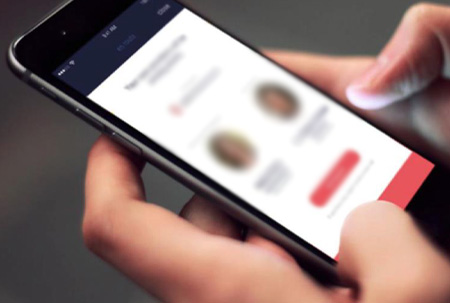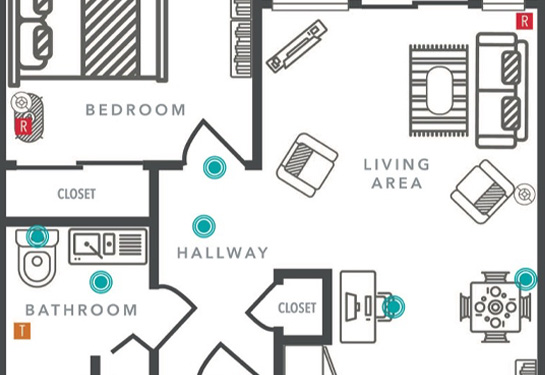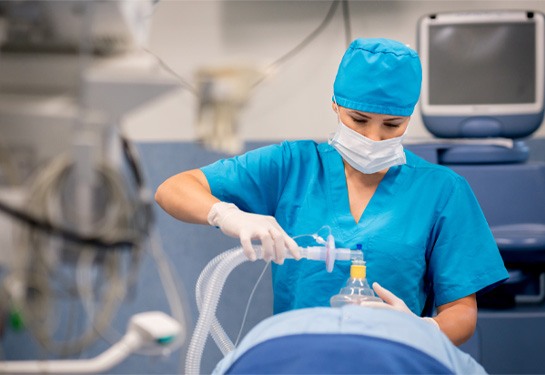Decreasing HIV risk for sexual assault survivors
Researcher developing multimedia app to educate about post-exposure HIV medications
Every two minutes, a person in the United States is sexually assaulted.
Individuals who have experienced sexual assault cope with trauma, stigma and possible exposure to HIV and other sexually transmitted infections.
HIV is a virus that affects the immune system. One way to prevent contracting it after a sexual encounter is postexposure prophylaxis, or PEP. HIV experts recommend taking the combination of antiretroviral medications – as directed – within 72 hours of exposure. But that’s easier said than done.
Jessica Draughon Moret, an assistant professor at the Betty Irene Moore School of Nursing at UC Davis, is co-investigator on a new Planning Grant Program R34 $750,000 planning grant from the National Institute of Mental Health aimed at developing a patient-provider decision aid for HIV PEP.
“A lot of decision aids are paper based. We know HIV prevention moves very quickly. We hope that HIV prevention in the context of sexual assault will move quickly. We want a nimble, digital platform to keep us up to date for users to make current decisions,” Draughon Moret said.
We know HIV prevention moves very quickly. We want a nimble platform to keep us up to date for users to make current decisions.— Jessica Draughon Moret, School of Nursing Assistant Professor
Making decisions in the digital age
Draughon-Moret says health care providers determine whether a patient is offered the medication in the first place. In addition, the way the risk of HIV is presented and discussed with the patient can potentially influence who opts to take the medication.
By using a multimedia app to present the information, she hopes to minimize the differences in how providers talk about PEP with patients as one step in giving patients back control over their health.
In this new three-year project, she examines the decision-making process in hopes of creating a scalable intervention through technology to improve adherence.
Taking back control
Destine Teves Borrego is a sexual assault nurse examiner and an HIV PEP coordinator in Los Angeles. She believes Draughon Moret’s app could provide strong reinforcement and a simple way for patients to make tough decisions in a short amount of time.

“Our job as examiners is to give them all the information they need in a way that’s understandable. We want them to regain control and make a decision for themselves,” Torres Borrego explained. “An app can enhance what a sexual assault forensic examiner has already discussed with the patient and could offer a comfortable way for them to go through questions and concerns.”
Patients can also enter their personal priorities and get personalized feedback, including guidance around cost, medication side effects and how to manage them, and leveraging social supports they have in place. The goal of the decision aid is to decrease decisional conflict.
Helping to heal
Draughon Moret hopes this ultimately prevents HIV and promotes healing for survivors.
So does the principal investigator on the project, Jocelyn Anderson, a forensic nurse and assistant professor at the Penn State Ross and Carol Nese College of Nursing.
“We want to make sure survivors have the information they need about PEP to make the right choice for them, especially in the context of trauma,” Draughon Moret said. “That choice can help them heal.”
For more information on resources for sexual assault and 24/7 counseling, visit the Rape, Abuse and Incest National Network website.






